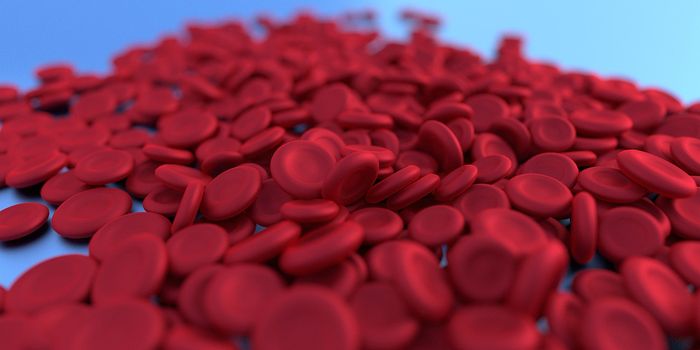Protecting the Head and Neck from Off Target Radiation
Radiotherapy alone or with chemotherapy is the go-to treatment for head and neck cancers. Unfortunately, head and neck tissue are quite delicate, and radiotherapy, in particular, can induce a painful side effect called oral mucositis.
Oral mucositis is a common side effect of radiation therapy, as the radiation can cause off-target cellular damage. This induces an inflammatory reaction and ulceration, sometimes the patient debilitating pain. This isn’t as much of a problem in other tissue, but the lining of the throat and mouth are more sensitive to radiation-based damage than many other parts of the body.
In a new study out of Stanford University, a team of researchers decided to try and find a treatment to alleviate oral mucositis and heal the damage. A few attempts have been made in years past, but all have suffered issues in one way or another. The drug Palifermin demonstrated promising results in treating oral mucositis but was too expensive for most patients. Recombinant Keratinocyte Growth Factor (a wound-healing protein) was also used, but is unstable in saliva and could not be used.
The team settled on the molecule Heparin Binding Epidermal Growth Factor (HB-EGF) as their treatment of choice for this study. HB-EGF stimulates the same cells as the keratinocyte growth factor but would be stable in saliva. A previous study by the same team also showed it promoted wound healing. This study would focus on whether or not HB-EGF could treat radiation-induced oral mucositis in mice.
First, the team set up two groups of irradiated mice. One group of mice would be treated with a saline solution (saltwater) as a control, and the other would be treated with HB-EGF. After radiation and subsequent treatment, the HB-EGF group showed an increase in cell growth compared to the control. Follow-up experiments showed that pre-treatment and post-treatment had similar results, suggesting that it didn’t matter when the treatment was given.
HB-EGF has been used in other studies to protect sensitive tissues in the heart, brain, and other organs. This study shows that it can also be used to protect and heal the tissue of the mouth against radiation damage. The team notes that mice do not react to oral mucositis as humans, but the healing effects should be similar.
The study concludes, “This study demonstrates that locally administered HB-EGF post-irradiation significantly decreased histological findings associated with oral mucositis. HB-EGF could stimulate the proliferative response required for the regeneration of mucosal barrier function.”
Sources: Nature Scientific Reports, Roswell Park Comprehensive Cancer Center









